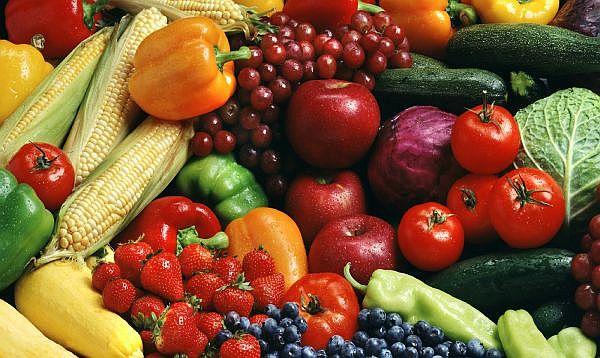Puerto Vallarta, Jalisco - Mexico expects to substantially increase its exports to Arab countries, affirms the Secretary of Agriculture, José Calzada.
After heading a trade mission to four countries of the Arabian Peninsula earlier this month, Calzada estimated Mexican agrifood exports to that region will grow 50 percent on a year-on-year basis reaching a billion dollars in the next decade.
During the Arabic Peninsula trade mission, several agri-foods from the State of Jalisco attracted the interest of both authorities and entrepreneurs, according to Hector Padilla Gutierrez, the head of the Ministry of Rural Development for the State of Jalisco (SEDER).
Berries were of particular interest, he said; therefore, the first shipment from Jalisco might be completed soon, as well as agave products like inulin syrup, since diabetes rates have been increasing dramatically among inhabitants of Arabic countries.
Another positive outcome of this tour, said Padilla Gutierrez, is that Arabic Nations have noticed Mexico's major agrifood offer, which is ready for direct export.
Secretary of Agriculture José Calzada said he expects to export Mexican agricultural products like beef, avocado, strawberries, lemons, grapes, honey, seafood, canned food, fruits and vegetables, in response to the interest of authorities and companies in the Arabian Peninsula.
Calzada assured that Mexico can compete and have considerable growth in that market, where 45 billion dollars of food products are imported each year. Currently, Mexico has less than one percent of market share in that region. In 2015, Mexico exported products worth around 50 million dollars to Saudi Arabia, United Arab Emirates, Kuwait and Qatar.
In addition to increasing trade, another objective is to establish a distribution center in any of those countries to ensure the freshness of Mexican products that arrive to the region.
Sources: Fresh Plaza • Prensa Latina


